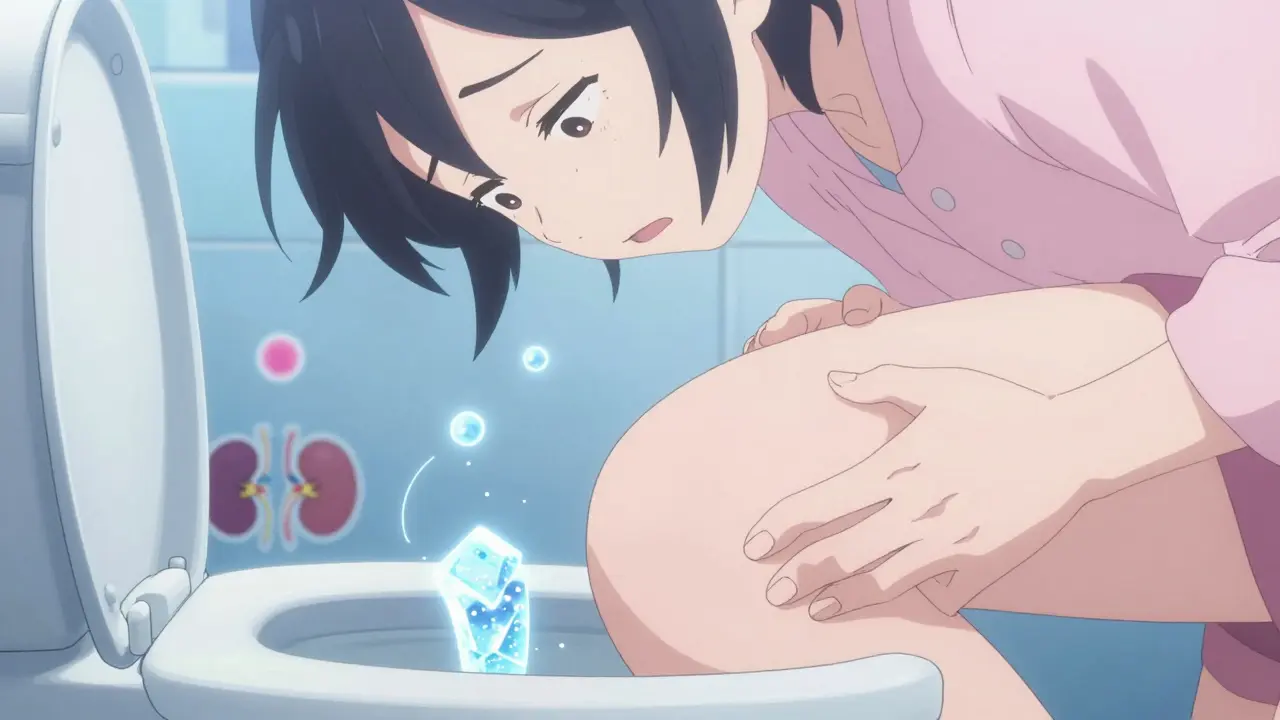SGLT2 Inhibitors: How They Work, Who They Help, and What You Need to Know
When you hear SGLT2 inhibitors, a class of oral medications used primarily to lower blood sugar in type 2 diabetes by causing the kidneys to remove excess glucose through urine. Also known as gliflozins, these drugs don’t just control sugar—they change how your body handles energy, fluid, and even stress on your heart and kidneys. Unlike older diabetes pills that force your pancreas to make more insulin or make your body more sensitive to it, SGLT2 inhibitors work differently: they let your kidneys flush out extra sugar like a natural filter. That’s why they’re now used not just for diabetes, but for heart failure and chronic kidney disease—even in people without diabetes.
This shift didn’t happen by accident. Large studies, like the EMPA-REG OUTCOME trial, showed that people taking empagliflozin, one of the first and most studied SGLT2 inhibitors had fewer heart attacks, hospital stays for heart failure, and deaths from cardiovascular causes. Similar results followed with canagliflozin, another SGLT2 inhibitor shown to slow kidney decline in patients with diabetic kidney disease. These aren’t side effects—they’re core benefits. That’s why doctors now prescribe them earlier, often alongside metformin, even if blood sugar isn’t the main concern.
But they’re not magic. You need to stay hydrated. Your risk of yeast infections goes up, especially in women. And while they help your kidneys, they can sometimes cause a drop in blood pressure or dizziness, especially if you’re also on diuretics or blood pressure meds. That’s why monitoring matters. These drugs work best when you’re not just taking a pill—you’re paying attention to your body.
Below, you’ll find real-world guides on how SGLT2 inhibitors fit into daily life: how they interact with other meds, what to watch for in older adults, how they compare to other diabetes treatments, and why they’re becoming a go-to for more than just blood sugar control. Whether you’re managing diabetes, heart issues, or kidney health, these posts give you the facts—not the fluff.

SGLT2 Inhibitors and Yeast Infections: What You Need to Know About Urinary Complications
SGLT2 inhibitors help control diabetes and protect the heart, but they increase the risk of yeast infections and serious urinary tract complications. Learn who’s most at risk and what to do if you’re on one.
Continue Reading
Canagliflozin and Amputation Risk: What You Need to Know Today
Canagliflozin carries a known risk of lower-limb amputation, especially in patients with foot problems or poor circulation. Learn who's at risk, how to prevent it, and what safer alternatives exist.
Continue Reading
SGLT2 Inhibitor Side Effects: Dehydration, Dizziness, and Blood Pressure Changes Explained
SGLT2 inhibitors help lower blood sugar and protect the heart and kidneys, but they can cause dehydration, dizziness, and low blood pressure. Learn how these side effects happen, who’s at risk, and how to manage them safely.
Continue Reading
